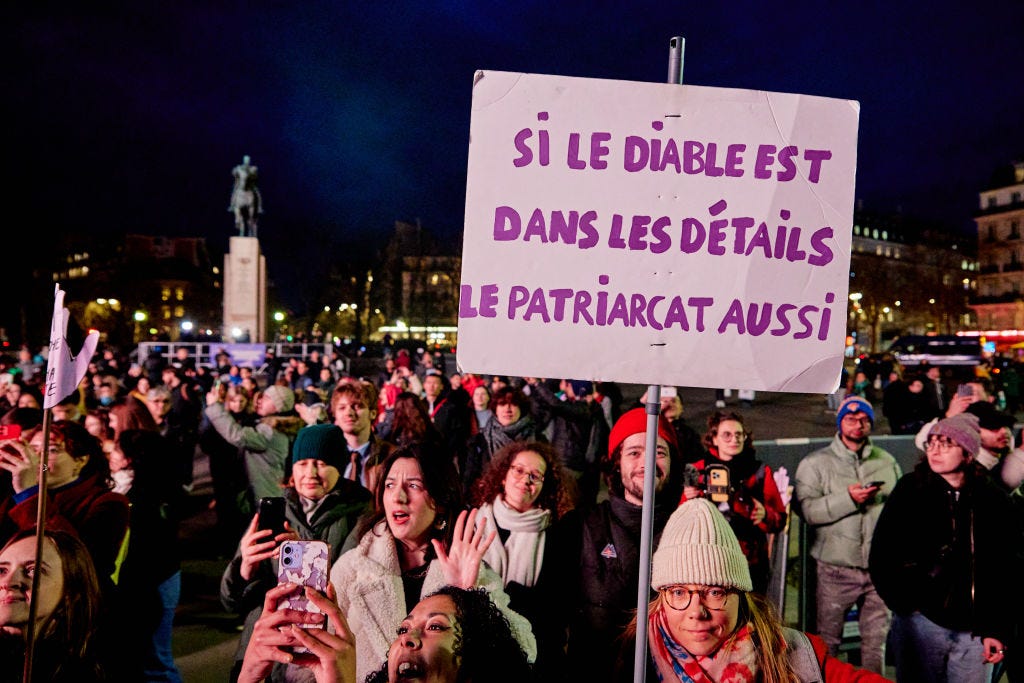A few weeks ago, in the comments section of this column, we had a very animated conversation about the tensions around inclusivity and erasure sparked by differences in descriptive language used by cisgender and transgender people. What began as an intense disagreement was defused as the participants managed to peel away some of the layers of communicative difference that obscured their vision of one another.
This week, our in-house messaging guru, Anat Shenker-Osorio (who was a part of that conversation), returns with some insights from that experience. We’re always talking about how to persuade — to communicate with people who aren’t already on your side — but lots of folks find themselves disagreeing with their own allies.
Whether you’re trying to make intersectionality work, duck the circular firing squad, or just navigate the political questions that arise in everyday life, it’s hard to move forward unless you can argue creatively and productively with your people.
“Left-wing causes are lucky if we have professional support at all, and it can be a tower of Babel much of the time,” wrote reader Chris Devlin. “So much depends on the details of who said what to whom,” said reader Tucker Lieberman, “and what their specific motivations and arguments are! But sure, there are always alternative words to pick.”
So Anat is back on the case, with words of advice on how to translate between identities and movements, and on how pick the words that can help bridge the gaps.
Want to hear more about Anat’s fascinating work? Check out the third season of Words to Win By, her excellent podcast exploring the role of political messaging in the fight for change. All episodes of the third season are now available via your favorite podcast app.
How do you handle conflict with allies, particularly when it’s personal, even about identity? Say, a feminist and a transgender rights advocate feeling erased by one another’s language choices?
As always, begin at the point where you already agree
Try to take it up a level. We address any kind of very strong and vehement disagreement — especially one that is closely tied into identity — by starting at the place of agreement, not starting with the disagreement.
The fundamental principle is that regardless of who we are or where we’ve come from, our experiences of our own bodies, we want the freedom to be ourselves. And to have people look at us and be in relationship to us without casting judgment about what we’re doing, how we’re dressing. Whether we sing off-key, whatever.
Most people can access a moment when they have not felt that they had that freedom. When they’ve been ostracized for whatever. For being too fat, too thin, too short. Bad at dodgeball, picked last. A lot of people have the remnants of “picked last in gym class” burned into their psyche somewhere.
Remember where you — and the people you disagree with — came from
This post was originally published on The.Ink.

